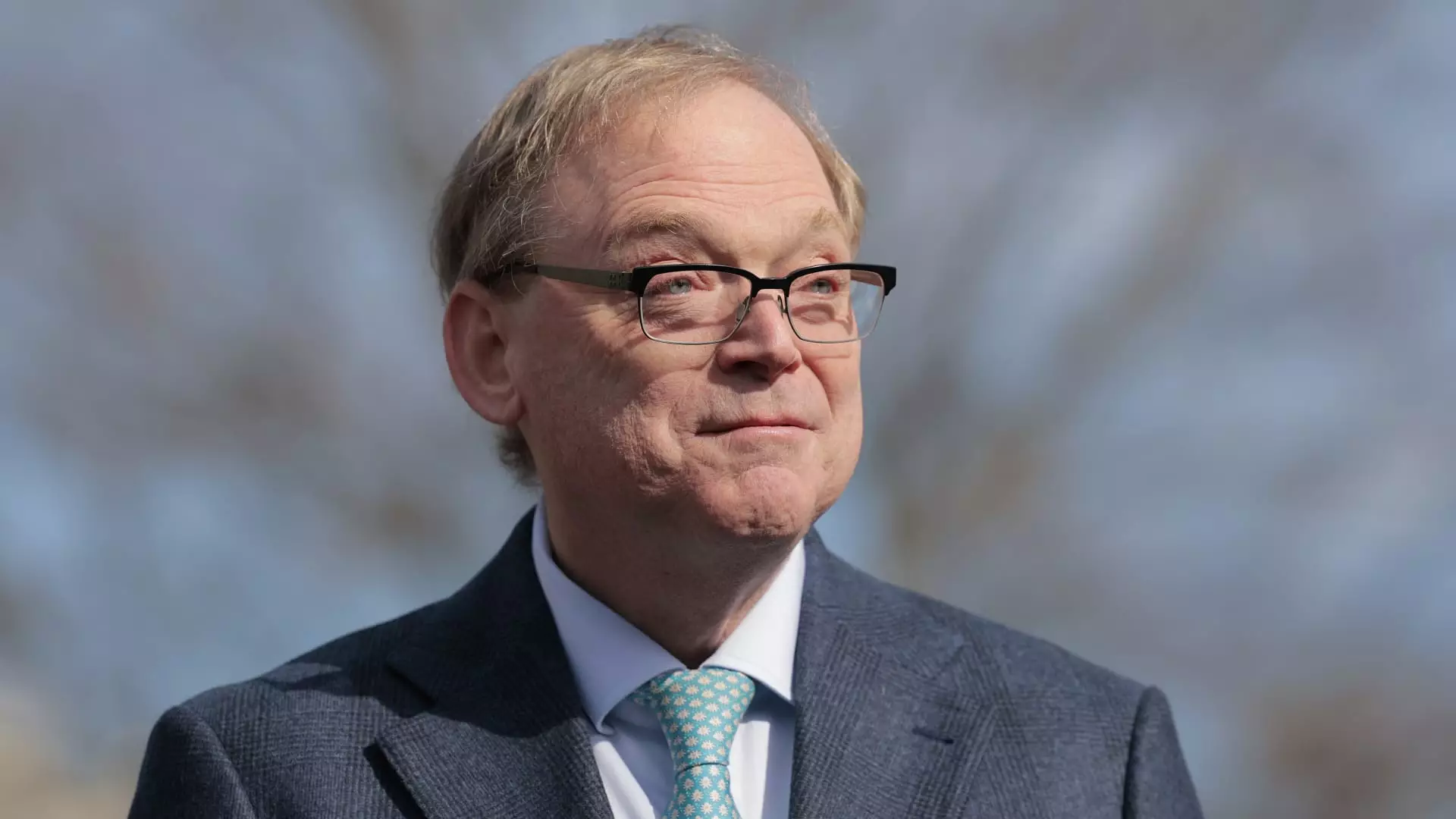As we navigate the tumultuous waters of the Trump administration’s tariff policies, it becomes glaringly evident that uncertainty reigns supreme. National Economic Council Director Kevin Hassett recently remarked that until April 2, we can expect a whirlwind of confusion stemming from potential tariff announcements. This admission is both troubling and telling; the anxiety presently pervading the markets is a direct result of an unpredictable economic agenda. Beyond the abstract idea of tariffs lies the real-world impact on companies and individuals alike, and this unpredictability has sown the seeds of apprehension in their minds.
Market Sentiment and Political Ramifications
The unintended consequences of such erratic policies are becoming increasingly evident. According to Ed Yardeni, President of Yardeni Research, a day without Trump’s tariff-related discourse is ostensibly a good day for the market. This sentiment underscores a worrying trend: when it comes to economic stability, constant chatter from the White House is far from a blessing; rather, it is akin to a curse. This constant ambiguity surrounding trade policy is not only confusing but fundamentally destabilizing. It raises legitimate questions about our economy’s direction and leaves business leaders hesitant to make critical investment decisions.
The Broken Promises of Tariffs
Hassett has been vocal in defending the administration’s approach, insisting that the planned tariffs, particularly targeted at nations like Mexico, Canada, and China, were aimed at achieving positive outcomes—increased immigration enforcement and curbing the flow of illicit fentanyl. However, one can’t help but wonder where the empirical evidence supporting such claims resides. The notion that tariffs act as a silver bullet is naive at best. What we have instead is a complex interplay of geopolitical and economic factors that cannot be addressed through tariffs alone. Historically, countries have struggled under the weight of protectionist policies, and the current regime seems similarly poised to repeat those detrimental patterns.
Consumer Confidence in Decline
Bank of America Global Research articulated a vital concern: the longer the current tariff regime persists, the greater the likelihood of adverse effects on consumer and business confidence. With so much riding on the perception of economic stability, it is alarming to see confidence eroding. Such an environment fosters anxiety among consumers, prompting them to tighten their wallets rather than open their purses, which then stalls economic growth. The very foundation of a thriving economy rests on consumer trust, and this fragile ecosystem is being threatened by capricious policy-making.
The Path Forward
While Hassett predicts a return to clarity after April 2, many remain skeptical. History serves as a stern reminder that sudden changes in policy are often followed by unforeseen repercussions. The gaping holes in Trump’s tariff strategy and the accompanying confusion are more than just simple economic hurdles; they threaten the underlying fabric of our democracy and economy. Center-wing liberals like myself advocate for a more deliberate and thoughtful approach to trade relations—one that prioritizes dialogue over confrontation and long-term stability over short-term gains.


Leave a Reply